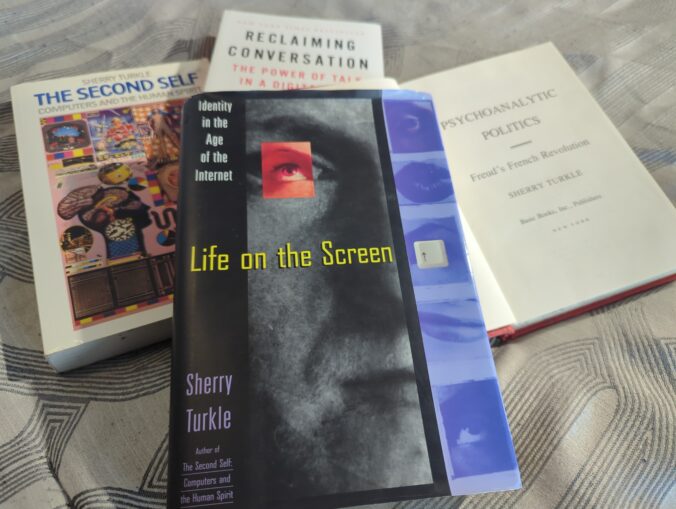What follows is a short book detailing the mechanisms by which computers have thwarted our sense of reality and children’s sense of embodiment, with receipts. The narrative centers Terry A. Davis, creator of TempleOS, as self-reporting on the effects of cyberspace on children; cyberspace as designed and implemented in order to sell computers to adults.
Peekaboo! ICQ!
Peekaboo is a game we play with infants in order for them to learn what child psychologist Jean Piaget termed object permanence.
…A world composed of permanent objects constitutes not only a spatial universe but also a world obeying the principle of causality in the form of relationships between things, and regulated in time, without continuous annihilations or resurrections. Hence it is a universe both stable and external, relatively distinct from the internal world and one in which the subject places himself



